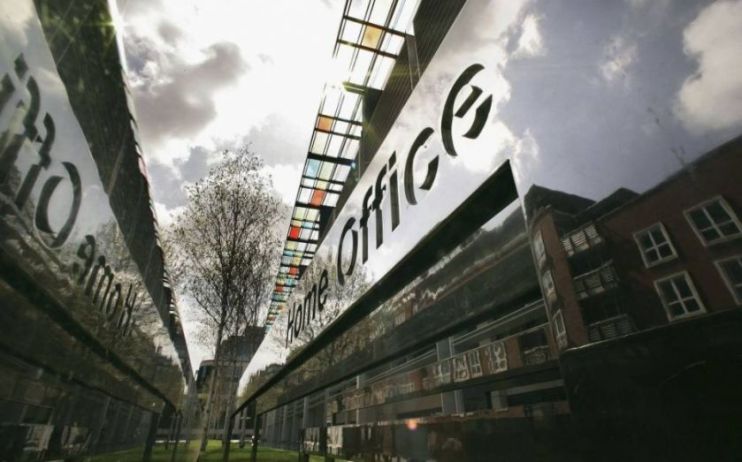Immigration, planning, taxation: Does this government care about the economy?

Yesterday the boss of one of Westminster’s think-tanks caused a bit of a stir amongst policy wonks on twitter. Rob Colvile, once of this parish’s opinion pages, had scribbled “build some stuff” over a 10-point growth plan compiled by another policy team in another bit of Westminster, sparking what can hardly be described as a furore but definitely crossed the threshold of a kerfuffle.
Colvile’s point is a fair one: building stuff, from houses through to infrastructure, would be a particularly expedient way to speed up Britain’s flatlining growth.
It has become a bit of a truism to say that there are no silver bullets in economics. That’s, in truth, incorrect. We know, for instance, that more people living in concentrated areas is a net positive for the economy, for a whole range of reasons.
We know that taxes can be set at optimal levels and that investment can be incentivised by sensible policy-making in that same tax code. We know that immigration at a macro level, too, is good for growth. And we know that freer markets perform better than constrained ones.
When politicians say there is no silver bullet what they mean is that the silver bullets are not politically feasible to fire. Hence yesterday saw two examples of the silver bullets being replaced by others fired straight into the economy’s foot.
Make no mistake, the government’s new migration rules – which will make it much more difficult, and less appealing, for potential migrants to come to the UK – will worsen already existing skills shortages in the private and public sector.
Second, the tax system – which is uncomfortably reliant on both large firms and about 100,000 individuals – is so concentrated and complex as to be basically not fit for purpose.
Everybody in Westminster knows that our migration and tax and planning systems are holding back growth. Doing something about it, alas, is much too difficult.
